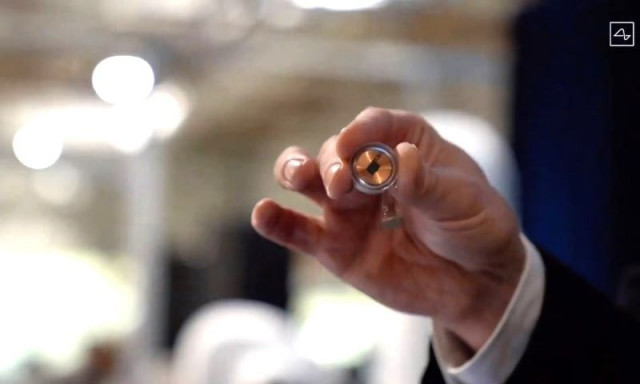US FDA clears Neuralink's brain chip implant in second patient, WSJ reports
Earlier this month, Neuralink said tiny wires implanted in the brain of its first patient had pulled out of position

The US health regulator has allowed billionaire Elon Musk's Neuralink to implant its brain chip in a second person after it proposed to fix a problem that occurred in its first patient, the Wall Street Journal reported on Monday.
Earlier this month, Neuralink said tiny wires implanted in the brain of its first patient had pulled out of position. Reuters reported last week, citing sources, the company knew from animal testing that the wires might retract.
The company intends to fix the problem by embedding some of the device's wires deeper into the brain, the WSJ report said citing a person familiar with the company and a document it had viewed.
Neuralink expects to implant its device in the second patient in June and a total of 10 people this year, the report said, adding that more than 1,000 quadriplegics had signed up for its patient registry.
Read: Musk's Neuralink shows first brain-chip patient playing online chess
The company also aims to submit applications to regulators in Canada and Britain in the next few months to begin similar trials, according to the report.
The FDA said it cannot discuss or disclose information related to any particular company's human trial application or study related to it.
Neuralink did not immediately respond to a Reuters request for comment.
The company said in February the first patient implanted with the brain chip was able to control a computer mouse using their thoughts with "no ill effects".
The study uses a robot to surgically place a brain-computer interface implant in a region of the brain that controls the intention to move, according to Neuralink.



















COMMENTS
Comments are moderated and generally will be posted if they are on-topic and not abusive.
For more information, please see our Comments FAQ